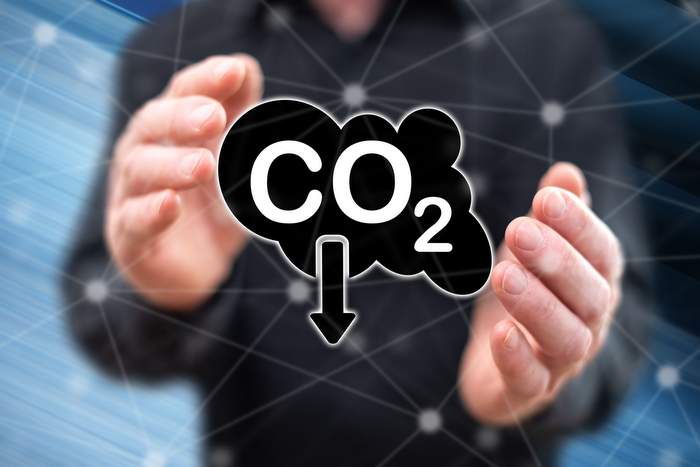
Solar PV module manufacturers Qcells, Solarge and First Solar have been leading the charge in the “low-carbon” module category. All three have been members of the Ultra Low-Carbon Solar Alliance and are now pursuing EPEAT registration for a Solar ecolabel. Achieving the EPEAT for Solar ecolabel will demonstrate each company’s commitment to sustainable manufacturing as well as low-carbon supply chains and production technologies.
EPEAT is a globally recognized and independently validated ESG and low-carbon standard and ecolabel for solar panels and inverters. Solar developers and corporate buyers are increasingly seeking more reliable supplies of solar panels made with a low-carbon manufacturing footprint and free from connections to forced labor.
PV panels bearing the EPEAT ecolabel make it easier for customers to identify low-carbon solar products and confidently partner with solar manufacturers committed to reducing their product’s climate footprint.
First Solar was the first solar manufacturer to have its product included in the launch of the EPEAT Photovoltaic Modules and Inverters category in 2020 and is now working to demonstrate that they meet the new EPEAT carbon footprint criteria as well.
“First Solar is proud to have been the first solar manufacturer to register its products in EPEAT and we are committed to meeting the new ultra-low carbon solar criteria. Credible life cycle-based ecolabels like EPEAT make it easier for solar developers, investors, and end-users to identify environmentally leading products from socially responsible companies,” says Samantha Sloan, Vice President of Policy, Sustainability, and Marketing at First Solar
Additional Alliance members are expected to begin the EPEAT registration process next year. These companies represent significant and growing solar panel production capacity and global manufacturing and sales reach. Low-carbon PV panels are enabled in part by supply chain partners prioritizing low-carbon manufacturing, including:
- Polysilicon producers Hemlock Semiconductor (HSC), REC Silicon and Wacker Chemie
- Silicon wafer producers Norsun and Norwegian Crystals
- The low carbon frame and glass producers Origami Solar and CPS Glass
More on the EPEAT listing
EPEAT-compliant PV panels are expected to be listed in the EPEAT for Solar registry in the second half of 2023, with additional panels being added over time. This registry will make it easy for buyers to find sustainably-manufactured, low-carbon products when planning projects and power purchase agreements (PPAs). The breadth and rigor of the EPEAT for Solar life-cycle based criteria, combined with third-party verification requirements, assures buyers that they can demonstrate their commitment to sustainable supply chains and reduced scope 3 emissions.
Specifying solar panels bearing the EPEAT ecolabel will send a strong market signal to solar manufacturers, motivating them to produce more sustainably-made, low-carbon products up and down the entire solar supply chain. As producing solar materials in a low-carbon grid is an important element of achieving EPEAT’s low carbon footprint requirements, this market signal will also serve to expand PV manufacturing in the U.S. and EU.
To learn more about EPEAT for solar panels and inverters please visit the Alliance website at https://ultralowcarbonsolar.org/epeat-for-solar-ecolabel/, and the Global Electronics Council website at https://globalelectronicscouncil.org/epeat-solar-panels-inverters/.
— Solar Builder magazine

Leave a Reply
You must be logged in to post a comment.